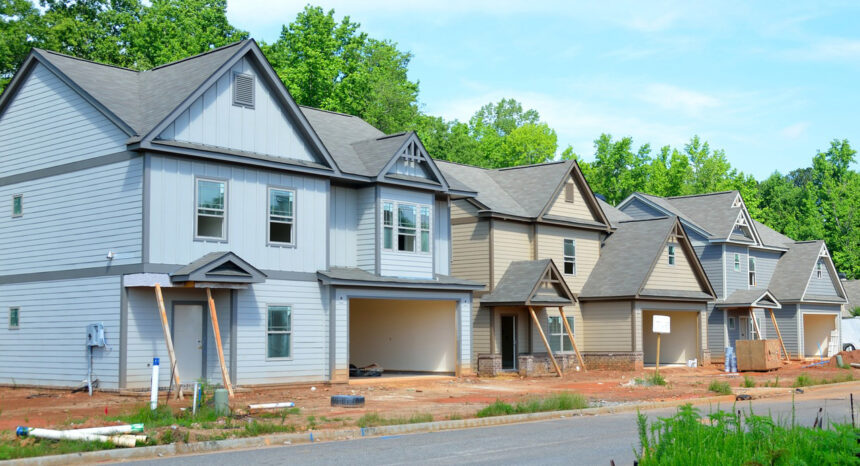So the city you cover is considering raising property taxes and your editor wants a story today. If you’re like many journalists, you didn’t get a lot of training in college on municipal budgets. Where do you begin? We’re here to give you some pointers.
Writing about property taxes, a main revenue source for local government, can be complicated. But we can get started by asking these three questions:
- What is the current property tax rate on houses in this city?
- What is the proposed tax rate?
- What is the average value of a house there?
With this information, you can give your audience a basic sense of how the city council’s plan could affect residents. Use these numbers to calculate how much the property tax rate may go up and how much more a homeowner can expect to pay, on average, if the rate change is approved.
Let’s say the current property tax rate – also known as the “millage” rate — is 6.555 per $1,000 of assessed value. The city council wants to raise the rate to 6.999 per $1,000 of assessed value. The local property appraiser or property assessor, who sets the value of all property in a given region, has determined the average home value in this city to be $138,500.
Let’s do some calculations.
To find out the amount of taxes the owner of a $138,500 home pays under the current tax rate:
- Tax Amount = Tax Rate X Assessed Home Value/$1,000
- Tax Amount = 6.555 X $138,500/$1,000
- Tax Amount = 6.555 X $138.5
- Tax Amount = $907.87
To find out the amount of taxes the owner of a $138,500 home would pay under the proposed tax rate:
- Tax Amount = Tax Rate X Assessed Home Value/$1,000
- Tax Amount = 6.999 X $138,500/$1,000
- Tax Amount = 6.999 X $138.5
- Tax Amount = $969.36
Here’s how you could explain the increased tax rate to your audience:
The city council proposes to raise the property tax rate to 6.999 for every $1,000 of a home’s assessed value. If approved, the owner of a house valued at $138,500, the city average, would pay about $61 more to the city in property taxes next year.
When writing about a property-tax increase, you may want to include these details:
- The reason(s) why the city council wants to raise the tax rate on homes.
- How this proposed increase compares to previous tax increases.
- How much more money the additional tax is expected to generate.
- How much the value of all assessed property in the city is expected to change, if at all. (If the local property appraiser projects that the value of property in this city generally will increase, the city might be able to raise new revenue through property taxes without increasing the tax rate.)
- The amount of the city’s proposed budget compared to its current budget. (Inquire about major differences in spending, which could indicate cuts to or expansions of certain programs.)
- Whether the city council also is considering increasing tax rates for other types of property, including commercial buildings and farms.
- Which community groups support and oppose the proposal and why.
- Whether this tax rate represents one of several property tax rates that are included on annual tax bills. Property taxes are collected differently in different parts of the country. In some areas, homeowners pay property taxes to multiple taxing authorities such as their city, county and school district.
- Whether certain types of property owners – for example, the elderly – qualify for credits or exemptions to property taxes.
Examples of property tax coverage:
- An investigative series from the Chicago Tribune, “The Tax Divide,” spotlights myriad problems with the Cook County, Illinois property tax system.
- The Milwaukee Journal Sentinel reported on landlords gaming the local property tax system.
- The Philadelphia Inquirer has chronicled a push by some legislators to eliminate property taxes levied by school districts in Pennsylvania.
- The Atlantic explored how property-tax systems have contributed to the uneven funding of public schools across the United States.
Other resources:
- The late Paul Grabowicz, a senior lecturer at UC Berkeley’s Graduate School of Journalism, created a short tutorial on property tax records.
- A 2005 handbook from Lawrence Erlbaum Associates Inc., “Working with Numbers and Statistics: A Handbook for Journalists,” offers a short explainer on property taxes (see pages 27-28).
- The U.S. Census Bureau collects data on property taxes and other local tax revenue.
- Groups of property tax experts or consultants include the National Association of Property Tax Attorneys, National Property Tax Group and National Tax Association.


Expert Commentary